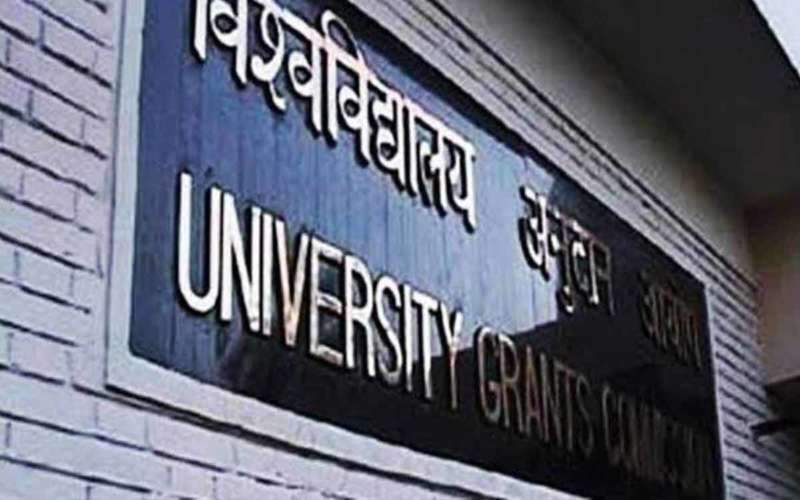In light of the lockdown, following the surge in the spread of the COVID-19 pandemic, the University Grants Commission (UGC) addressed the concerns of university students. Assisted by an expert committee, which was set up by the HRD Ministry, the UGC issued exam guidelines for the year 2020-21. The committee, headed by a former member of the UGC, Prof. R.C. Kuhad, held a meeting on April 27, 2020. The agenda was to present the report of the committee on the updated guidelines on examinations and academic calendar.
The Commission stated that intermediate students (class 11th and 12th) would be graded based on the results of the current, and the previous semester, along with internal marks. According to the UGC exam guidelines for 2020-21, the students pursuing graduation will be attending exams in July. Further, it stated that college sessions would resume in August for current batches. Classes for the upcoming academic year would commence from September.
The universities are free to adopt alternate methods to conduct pending examinations. Respective managements are open to reducing the examination timings from 3 hours to 2 hours. The UGC further stated that the universities can opt for innovative ideas like “offline/online mode” as per their (universities) Ordinances/Rules and Regulations. However, the scheme of examinations should be designed, in line with the available support system.
As per the UGC exam guidelines for 2020-21, the Commission allowed extension for PhD and M.Phill students for six months. Furthermore, the UGC informed that the Universities may conduct the PhD and M.Phill Viva examinations through online video conferencing modes. They can follow a 6 day per week pattern to make up for the lost academic classes in adherence to the guidelines set by the committee.
After the completion of examinations, the university can grant a four-week summer vacation to the students in July. The admission process for the new academic year will be conducted in August 2020. A concession period, of one month, can be given to the students to submit all the relevant documents to complete the admission process.
The report concludes by stating that the Universities must strive to strengthen “the mechanism of mentor-mentee counselling, through a dedicated portal on the university website, to impart timely guidance and counselling to the students.”










Discussion about this post